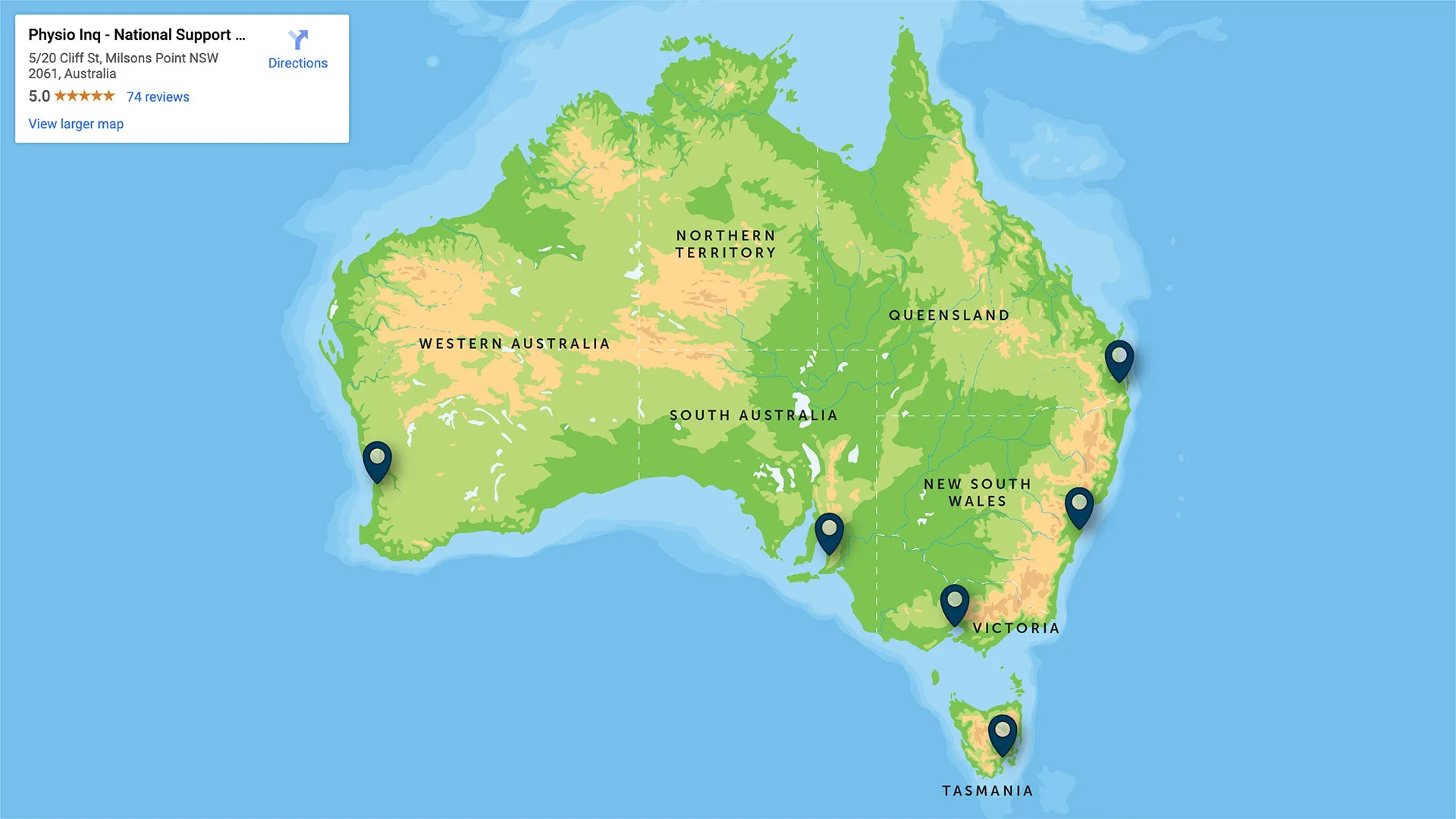Mentorship: The Invaluable Franchising Tool That Money Can’t Buy
Originally Published Jul 3, 2021
Beyond the financial rewards that a franchisee can obtain, mentorship is one of the biggest benefits of the business model.
Click here to read the full article

What does a franchisee look for in a franchisor?
If you had to surmise the answer into one word, it would probably be ‘value’. But beyond the financial rewards of buying into a brand is another more compelling proposition: that a franchisor, and the franchise network at large, becomes a source of mentorship for personal and professional development as franchisees grow in their roles as business owners and leaders. This opportunity for growth is something money can’t buy, but it takes a proactive franchisor to recognize it as both a benefit they can explicitly offer to franchisees and one they can leverage for the brand.
Mentorship starts with the right support
The relationship between franchisors and franchisee needs to shift from ‘boss and management’ to a partnership. From the outset we reframed our franchisees by renaming them Pinq (for Physio Inq) business partners, because they are indeed our partners. This is a big sign of our commitment and a clear acknowledgement that their success is our success and vice versa. For this group we have a Pinq business advisor, someone who is the business partners’ single point of call for any issue with marketing, training, set up, support or anything to do with the day-to-day running of the business.
This person is not there to punish them for not following instructions to the letter; they are an assistant to help them succeed. It is important that they afford the psychological safety for the business partners to come forward with any issues so they can deal with the query or refer them to the most valuable person internally that could help if they can't.
In addition, the business advisor works with each business partner every month where the partner sets their own goals, not the goals of the network – we don't want to be punitive with the process. Each partner is unique and we want them to be the masters of their own domain. They need to own the process of development and strive for achievement that they value. That success and their growth reflects positively on the brand no matter how much one partner’s goals differ from another’s.
Franchisor as mentor
A franchisor who invests in their own mentorship and coaching skills can go a long way to
adding value across the network. If you’re a good mentor or coach, you've immediately doubled your value, as coaches can cost up to $3,000 a month. And if you can provide a mentorship infrastructure at the same time as ensuring compliance, then compliance
is reframed as a way you can provide support to them rather than a deficiency on their part or micromanagement on yours. As the franchisor, we understand the model best and all the human interaction elements within it.
This means we must effectively become part of the mentor group to assist them with this part of the business. Becoming a business coach and mentor figure embeds that process of setting goals and getting the partner to hold themselves
accountable to those goals. We are incredibly lucky in Australia to foster this kind of relationship, both from a cultural standpoint because our ‘business hierarchy’ is quite flat already, and because having a smaller population means we tend to scale at a slower rate, which gives us time to develop an internal culture focused on this.
The realization that not only do the franchisees have the capacity to grow their business skills but that the franchisor and the network contribute to that growth reshaped my thinking about who to recruit as franchisees.
Having trained as a physiotherapist, I started my franchise believing that one of the criteria to become a franchisee should be that they had to be a practitioner. I now know that is not the case. Our most successful franchisees are those who are good at serving their staff, not necessarily those who are excellent practitioners themselves. When I recruit franchisees, I now prioritize that servant-leader mentality over experience in allied health.
HOW TO SCALE YOUR FRANCHISE ACROSS AUSTRALIA
Technology is key. We have a wonderful central learning management and business management system that turns a systems manual into something that is more active and alive.
Let’s be honest, franchisees often sign a document to say they’ve received a systems manual and then the manual sits around collecting dust. Turning this into a living and breathing work of training helps to embed it in our culture and day-to-day life for all employees.
Importantly, it allows our business partners to concentrate on the human related aspects of training, which is where the magic happens.
Creating opportunities for peer mentorship
Finally, the franchisor is also responsible for creating value outside the franchisor relationship. Franchisors can indirectly create opportunities for peer mentorship, becoming a catalyst for professional development and camaraderie, by building sub-networks of people in related roles.
Earlier in our journey, we vertically integrated all of our allied health practices. We were a physiotherapy-based clinic but brought in massage, acupuncture, podiatry and more, but then realized that each practitioner was not getting the peer support they needed and, in fact, felt isolated around their peers from different practices.
“The relationship between franchisors and franchisee needs to shift from ‘boss and management’ to a partnership”
If you have one physio, one acupuncturist and one podiatrist, the physio can’t ask the other two a physio question and being unable to bounce off colleagues in the same practice was an obstacle to professional growth.
Now we cluster three to six practitioners in each clinic so there’s a higher chance for each to learn from and teach the others and strive for excellence. It turned out that focusing on one service and doing it well was better for both the staff and the customers than offering a range of services.
Franchisors don’t just sell a brand or a business, they shape a living collective that learns and grows together. At the end of the day, a franchisee buys into a network based on what they have seen others create, and it is the responsibility of the franchisors, who are the architects of the network, to ensure their business partners have the best chance of success.
From providing priority business support to becoming a coach and creating peer networks, franchisors can define the brand culture and the franchise relationship with a focus on leveraging mentorship opportunities.
If you liked Jonathan’s interview, check out his other interviews here:
- Job Ready with Transferable Skills
- Transferable Skills: How to Identify them and use them to switch jobs
- How to grow your business from 1 to 200 employees
- Look beyond fellow practitioners and focus on leadership skills when hiring
- Building a franchise network during a pandemic
Disclaimer
The information provided on this blog is intended for educational and informational purposes only. It is not intended to be a substitute for professional advice or treatment. Always seek the advice of a qualified professional with any questions you may have regarding a medical condition. Never disregard professional medical advice or delay in seeking it because of something you have read on this blog.

